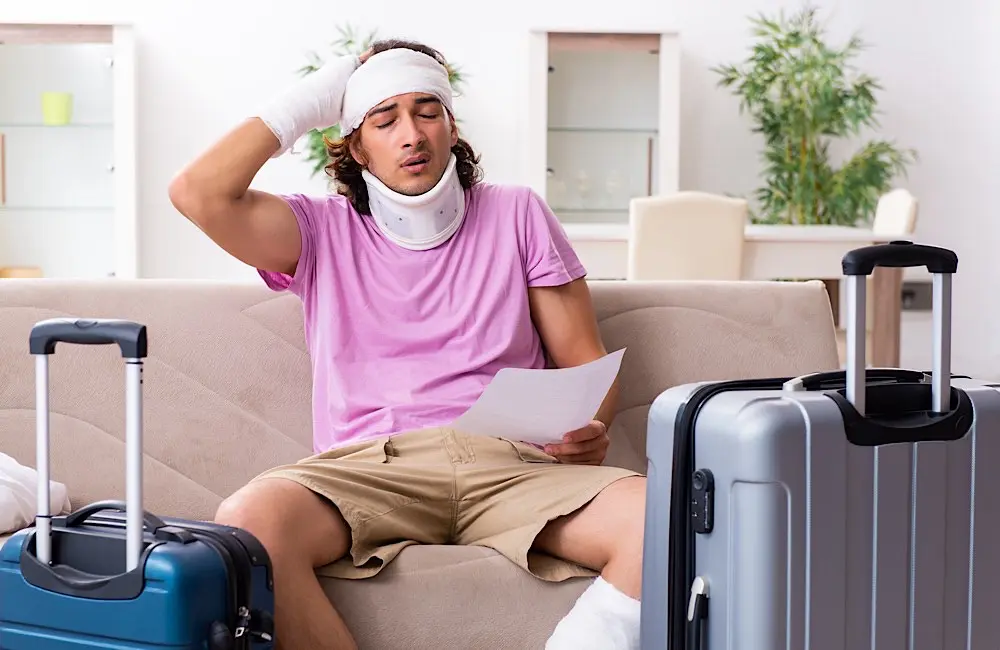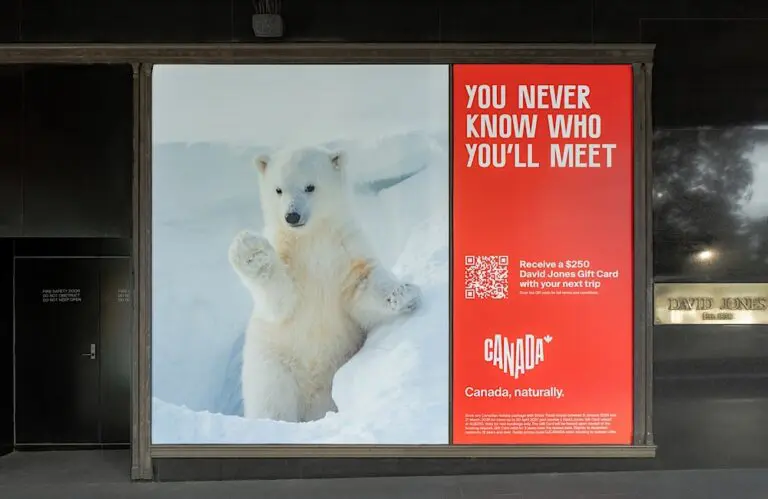Australians with the travel bug are literally catching one, with new data revealing 73 per cent of holidaymakers get sick or injured while away. The findings, released by Compare the Market, point to a familiar pattern: we finally switch off, and our bodies follow.
The survey by Compare the Market found gastro and flu were the most common travel illnesses, with nearly one in four reporting a bout of gastro and a similar proportion struck down by a cold or flu. Almost one in five experienced food poisoning, while others reported insect bites, COVID-19 and heat stroke.
Why we get sick when we switch off
The phenomenon isn’t unique to Australians. Psychologists have a name for it: leisure sickness. The term, first identified by Dutch psychologist Ad Vingerhoets in a 2002 study at Tilburg University, describes the tendency for high-performing workers to fall ill during weekends or holidays when stress levels drop suddenly.

“When stress hormones such as cortisol and adrenaline decrease rapidly, immune function can become temporarily unbalanced,” the study found, suggesting the transition from high work demand to relaxation can trigger physical symptoms ranging from headaches to flu-like illness.
A more recent study from IU International University of Applied Sciences in 2025 found 71.9 per cent of respondents had experienced leisure sickness, particularly those with high workloads or difficulty disconnecting from work. The report concluded that constant digital connection and an inability to switch off may be “creating a physiological rebound effect” during downtime.
Dr Adam Jowett, a psychologist and lecturer at The University of Law, said the brain can interpret even minor disruptions to routine as threats.
“The stress of travel amplifies internal tension,” he explained.
“When cortisol drops, your immune system recalibrates, and that’s when symptoms can appear.”
When the body finally stops
Compare the Market’s travel expert, Catriona Rowntree, said the findings reflect what many travellers experience when they let their guard down.
“I don’t know how many times I’ve heard, ‘it was the last run on the ski slope’ or ‘we were just about to head home when…’” she said. “At the end of the day when we are tired, things inevitably go wrong.”
She said the body’s relaxation phase can open the door to illness, echoing the behavioural research.
“When our stress levels decrease, our cortisol levels reduce, leaving us open to all sorts of bugs. It’s no wonder we always get sick on holidays when we need the break the most.”
Compare the Market’s research also revealed generational differences. Generation X and Baby Boomers were most likely to experience gastro (30 per cent), while millennials topped the list for food poisoning (38 per cent). Some respondents reported more serious incidents, including third-degree burns, vehicle crash wounds and broken bones.
The travel trade takeaway
For the travel industry, the findings carry implications beyond insurance. As travellers place greater emphasis on wellness, operators and advisors may see rising demand for pre-travel health guidance, slower itineraries and structured rest days. Travel advisors could also use such insights to frame client briefings around the physiological effects of switching off, rather than treating sickness as bad luck.
KARRYON UNPACKS: Travellers’ health is shaped as much by how they disconnect as by where they go. For the trade, the opportunity lies in recognising wellness and recovery as key parts of the travel experience.






